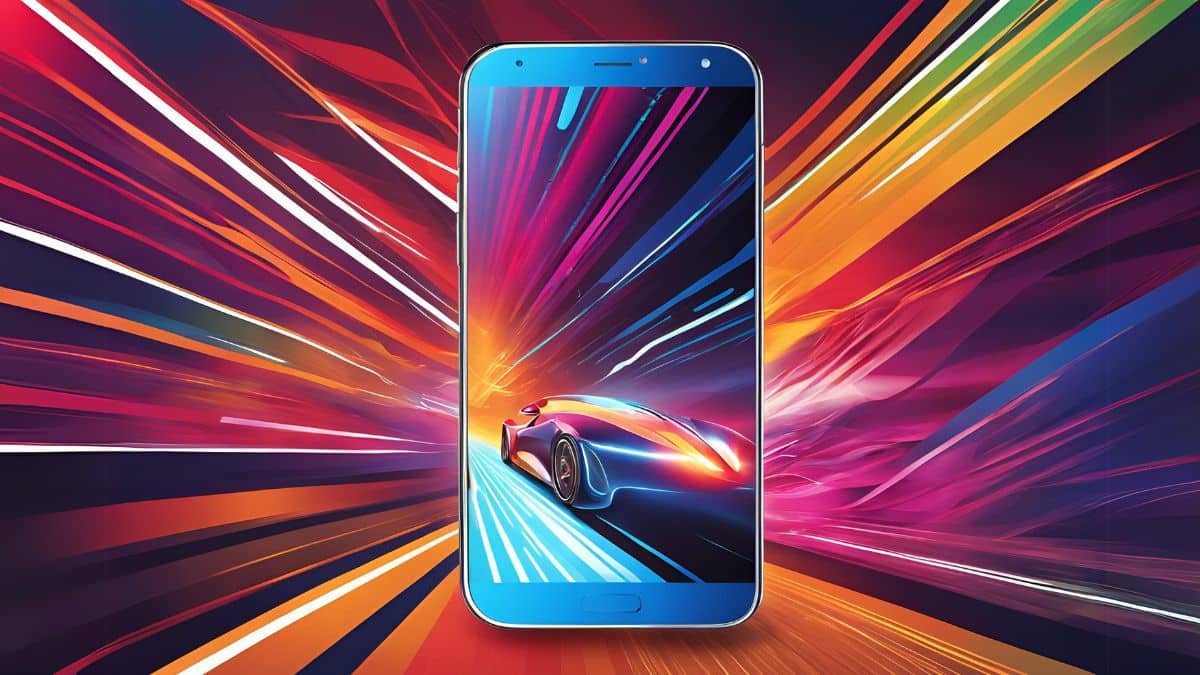HIGHLIGHTS
- Everyone wants their smartphone to run as fast as it used to do on day one.
- Overtime use and because of wear and tear, Android devices become slow.
- Some tips and tricks are using which you can make your device a bit more snappier.

Almost every one of us loves our smartphone when it comes new to us. Be it the speed or fluency, everything feels snappy. However, after using the Android device for a few months, we start experiencing some issues with its performance. Many devices become slower than it was in its newer phase. There are two major reasons behind it: one is our human psychology and the second one is the degradation because of usage over time.
How to make your Android device a bit more snappier?
We cannot directly fix any of these and it’s intended to happen over time. However, some tips are using which you can make your Android device a bit more snappier. It may not go back to its original newer state, but you will notice an upgrade in its overall user interface’s fluency.
Restart your phone
The best thing you can do to keep your device fluent over time is – to restart it at least once a week. There are always some apps eating up resources in the background that we don’t even know of. Restarting the gadget eliminates all these apps hogging up resources and your user interface feels fresh.
Reduce ROM/built-in memory usage
One of the most common reasons behind Android devices getting slow over time is the high memory usage. Always try to keep at least 30% of your internal memory free to get the best performance from your device. You can do so by deleting useless files and if your device’s memory is low, then you can use an external SD card for storage expansion. But anyhow, do not try to exceed the 70% storage usage of your device’s ROM. This negatively affects its performance.
Delete unnecessary applications
There are always some apps that we had installed a long ago and forgot about it. These apps, even if we do not use them, keep utilizing the device’s resources in the back-end thereby making your device slow over time. To avoid this, regularly check for apps that haven’t been opened in a long time or are of no use to you. Make sure to delete them to free up your device’s resources.
Avoid live wallpapers & use static-2D wallpapers
A lot of Android devices come with the support of live wallpapers. While these do look fancy and eye-catching, it is not good for your device. Live wallpapers consume a lot of battery and also affect your device’s performance. So if you are using any live wallpaper, you should right now switch to a simple, static wallpaper to give your device some relaxation.
Regularly updating apps
App developers keep updating their applications over time to make sure that no bugs and glitches exist. While the chances of these bugs and glitches affecting your device’s performance are low, it’s not zero and therefore, it’s recommended to timely update all the applications on your device. This ensures no major bug is present in the apps.
System updates
Almost all Android devices come with support for long software updates. These updates are not only meant to enhance your device security over time, but they also make sure that no major bug is present in the system. These bugs can sometimes hinder your device performance and therefore you might not feel your device is very snappier So always check for the latest updates on your device. And if any is available, make sure to install it.
Read more: Common Phone Charging Problems and How to Fix Them
Final Verdict
We hope this guide has helped you. Aside from this, there are some methods related to developer options, which don’t really improve your device performance but can have some negative impact and therefore we do not recommend making any changes to your device default settings. You can use the above-mentioned tips to get the best from your device. Thank you for reading till the end.
Frequently Asked Questions
Can I achieve the same fluency on my Android device as I did when it was new?
It’s not possible. SoCs, just like any other electronic items, tend to lose their maximum capacity or performance over time. If you follow the tips mentioned above, you will get the best possible output from your device. Rest. You can try a hard reset if you do not notice even the slightest difference.
Does using an external storage device affect my device’s performance?
Yes, as per some brands, using external storage such as microSD cards of low quality can negatively affect the performance of your device. If you are using an external storage device then make sure to use the device of genuine manufacturers.
Will I notice a huge difference in fluency after applying these tips?
You may or may not. It depends on several factors such as the device type, its user interface algorithms etc. However, in most cases, you should at least notice a bit of an improvement in the performance of your device.


